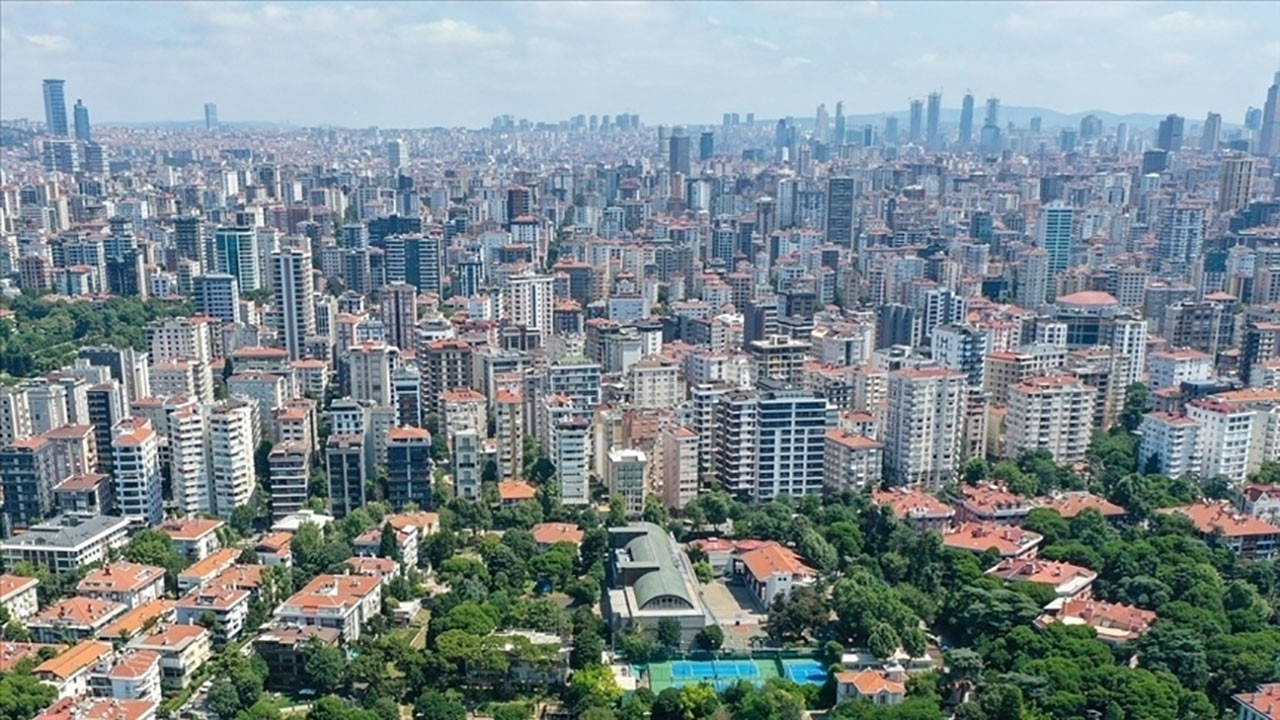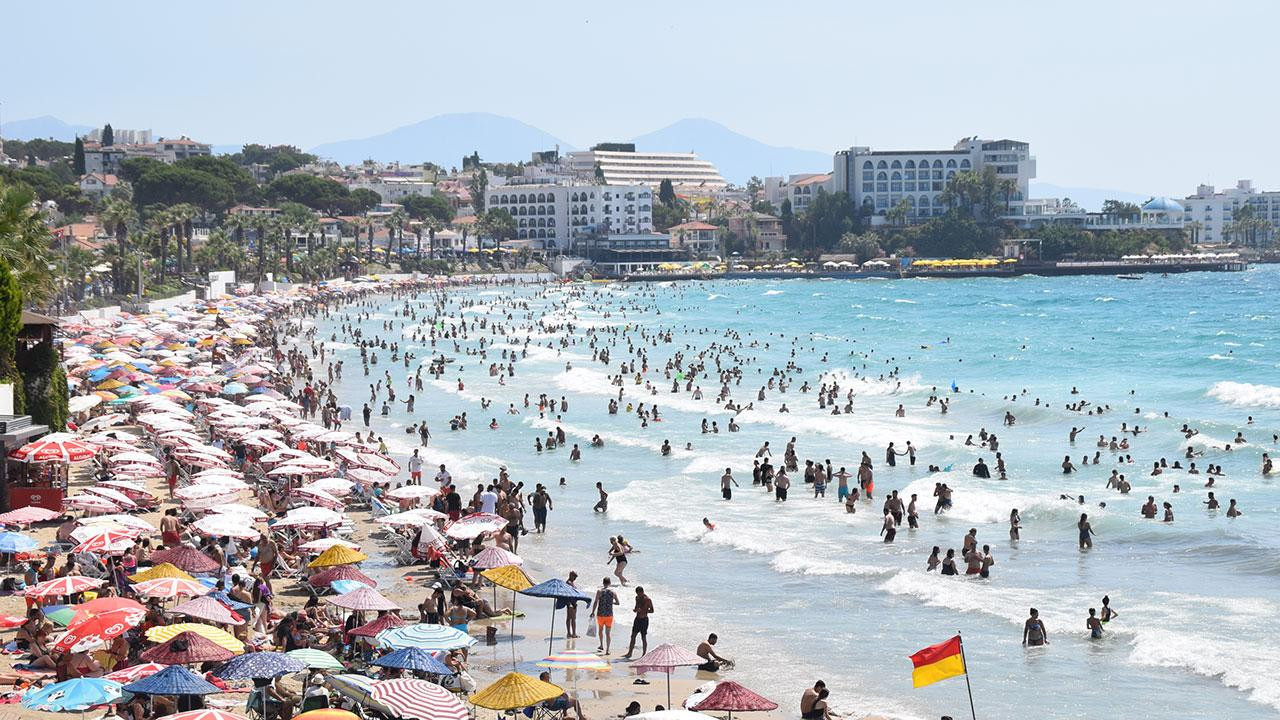Turkish gov’t seeks to regulate Airbnb rentals
The ruling AKP seeks to fine "unlicensed" daily rental houses up to one million Turkish liras according to a draft law that is expected to be submitted to the parliament in October.
Duvar English
The ruling Justice and Development Party (AKP) drafted a new law to fine “unlicensed” daily rental houses such as those rented from giant online platform Airbnb.
According to the proposal, landlords must obtain a “tourism residence” license from the Culture and Tourism Ministry and hang it visibly on the gate of the residence they plan on renting. Those without a license will not be able to rent the houses daily.
Both tenants and landlords will be held responsible for enforcing the regulation.
The need for regulations on daily rental houses was first expressed by the Chamber of Commerce of Antalya, one of Turkey’s most popular tourist destinations. Chamber President Ali Bahar lamented in September about “the high volume of complaints they have been receiving about illegal operations,” and added, “The tourism industry is taking the biggest hit.”
He stated that they had notified the Culture and Tourism Ministry about the problem. One month later, details of the regulation are starting to take shape.
Landlords looking to rent out their property are subject to certain conditions if the regulation comes into force. For instance, daily rental houses must have fire exits, fire, and waste control reports.
The houses also must provide basic amenities present in hotels such as hairdryers, bedding, and towels.
All neighbors must provide letters of consent; in cases where unanimity is not ensured, the residence will not receive the license.
If the Turkish Parliament passes the regulation, landlords violating it will be subject to fines. The sanctions outlined in the regulation include a fine of one million Turkish liras per apartment, and sealing off apartments that continue to rent without permits.
The regulation will also require collecting tenants’ ID information to be shared with security forces, as the standard practice for hotels. Failure to share ID information will result in penalties for the landlord.

 At least 11 people killed in landlord-tenant disputes in Turkey in 2023Economy
At least 11 people killed in landlord-tenant disputes in Turkey in 2023Economy Housing prices increase most in three Turkish provinces in worldDomestic
Housing prices increase most in three Turkish provinces in worldDomestic Russia tops lists as Turkey's leading tourist sourceDomestic
Russia tops lists as Turkey's leading tourist sourceDomestic